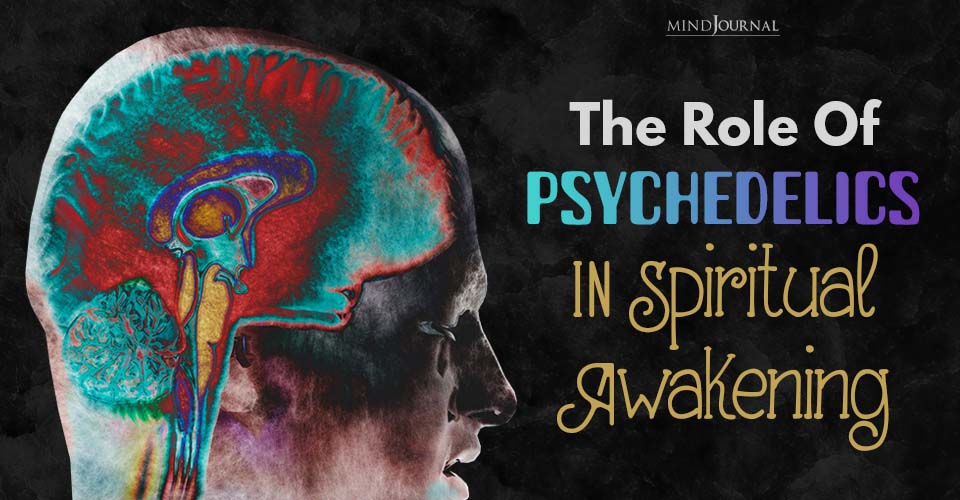You might think that men are unfeeling beings with a stone in their chest instead of a heart, but the truth is anything but that. Rather, there are a few secrets that will help you understand and crack the code of a man’s true feelings.
“Our society constantly promotes role models for masculinity, from superheroes to politicians, where the concept of being a ‘man’ is based in their ability to be tough, dominant – and even violent when required.” -Deeyah Khan
Over the years societal norms regarding the traits of masculinity and femininity have been framed separately.
Since childhood men and women are trained to behave according to the preconceived notion that is in league with prescribed gender roles. They are highly criticized when their behavior manifestation deviates from the norm.
The myth that men are unfeeling creates damaging relationship problems.
Daphne Rose Kingma, author of The Men We Never Knew, has said:
“We’ve dismissed men as the feeling less gender—we’ve given up on them. Because of the way boys are socialized, their ability to deal with emotions has been systematically undermined. Men are taught, point-by-point, not to feel, not to cry, and not to find words to express themselves.”
Just because men aren’t adept at expressing their feelings, don’t for a minute think they don’t feel, and feel deeply.
Many times, men express their feelings using a secret code—a code that even they can’t decipher.
5 Secrets To Crack The Code of A Man’s True Feelings
1. Men may convert one feeling into another.
Men may convert stereotypically feminine feelings, such as sadness or vulnerability, into feelings like anger or pride—feelings more socially acceptable for them to experience.
I remember a couple that came to see me in distress because they had recently learned their teenage daughter had been assaulted by a boyfriend.
A major conflict arose because John was threatening to kill the boyfriend, upsetting his wife and daughter tremendously.
They worried he might actually seek revenge and end up in jail.
With some work, I was able to help John express his true feelings: He cried, stating that he felt responsible for what had happened—as though he should’ve been able to protect his daughter.
He felt terribly sad that his daughter was going through such pain, and he fell justifiably angry.
After he expressed the full range of his feelings, he no longer threatened to kill the young man and was better able to support his daughter in helpful ways.
Related: Why Men in Relationships Need to Feel Desired
2. Men may shift their feelings into another arena.
Men may express emotions only in places where they feel safe, and where the expression of feelings is considered acceptable.
Just look at how men act at sports events: It’s not uncommon to see them express great exuberance and affection, giving each other hugs and high-fives.
Football and hockey players, thought of as some of the most “macho” men around, appear quite comfortable expressing their feelings with each other during a game.
Where else would you see men slapping each other playfully on the butt?
Put these same men in another context, and you probably wouldn’t see the same level of openness and comfort.
3. Men may experience their feelings through physical complaints.
It’s not uncommon to see men experience their feelings through things such as headaches and backaches.
You may know of a man who gets headaches only on the weekends, or becomes sick during vacations.
Why does this happen?
Because as long as men are working, they can cut off their feelings.
Without the structure of work, however, their feelings and needs surface, and may be expressed through physical symptoms.
4. Men are in a “double-bind” when it comes to expressing emotions.
Although men may not always know what they’re feeling, there’s one thing they’re sure about: They’re convinced they’re in a major double bind.
Society encourages men to express their feelings, but when they do, their partners are often petrified, if not horrified.
Women, they may believe, want their partners to show their feelings, but only certain feelings, and only in doses they can handle.
In fact, results from numerous research studies—as well as clinical experience—tells us that men may be right to be wary of women who implore them to show their true feelings.
Men who deviate from the traditional masculine norm by being emotionally expressive and talking about their fears are often judged as being poorly adjusted.
Related: 4 Myths About Men You Need To Stop Believing
5. Men’s feelings may take everyone off guard.
Part of the problem for some men may be that they have silenced their feelings for so long that they haven’t developed resources for handling them when they do arise. Such unplanned, unexpected emotions can often prove overwhelming.
I worked with one couple for whom this was the case: Rob had taken a new job several hours away. Emily stayed back, preparing their house for a sale.
At the same time, they argued about whether or not to get a dog. Emily argued that a dog would provide her with some needed company, and make her feel secure when alone in their home.
In his logical, analytical way, Rob gave her every reason why the timing was not right, for example: How could you show the house with a puppy running around, peeing on the floor?
On an intellectual level, Emily knew he was right, but her heart insisted she would be happier with the dog. They went through several weekends during which all they did was fight about the dog issue.
Emily thought Rob was being cold and unfeeling. Rob thought Emily was being unreasonable. With much coaxing, Rob agreed to accompany Emily to the local animal shelter “just to look” at dogs.
When Rob saw all those rows and rows of dogs in cages, knowing that most of them would probably be put to death, he began sobbing.
Emily said she had never seen him cry so hard. She had been thinking to herself that he didn’t have any feelings, when nothing could have been further from the truth.
My own observation has been that many men experience intense emotions but, lacking the training and support to make sense of those feelings, they are left with few options but to bury them deeper.
It’s only when men are taken off guard (such as when Rob visited the animal shelter) that their feelings are free to surface.
So, no, men are not unfeeling.
Rather, many are trapped in the confines of a socialization process that tells them it’s unmanly to cry, to hurt, or to express the myriad other emotions we all experience as a result of living fully as human beings.
How have these society norms and gender bias, affected your relationships?
Written by Barbara Markway Ph.D. Originally appeared in Psychology Today










Leave a Reply